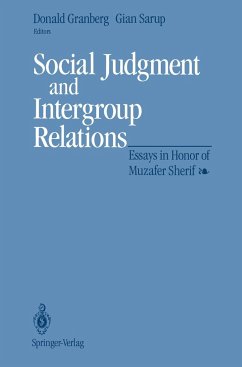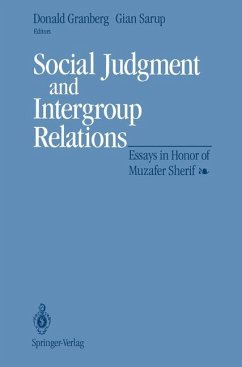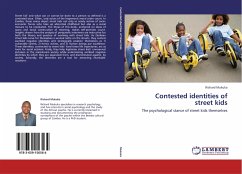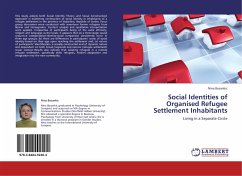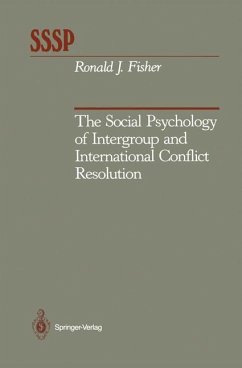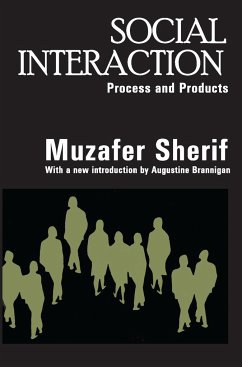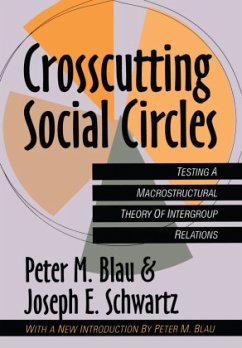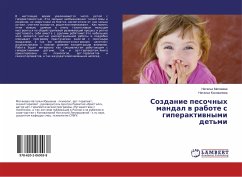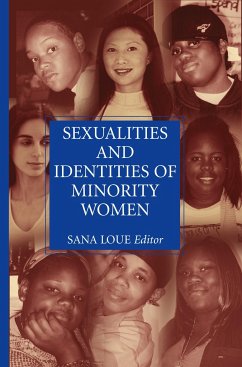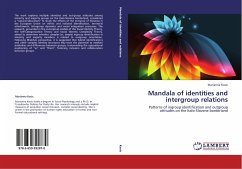
Mandala of identities and intergroup relations
Patterns of ingroup identification and outgroup attitudes on the Italo-Slovene borderland
Versandkostenfrei!
Versandfertig in 6-10 Tagen
58,99 €
inkl. MwSt.

PAYBACK Punkte
29 °P sammeln!
The work explores multiple identities and out-group attitudes among minority and majority groups on the Italo-Slovene borderland, considered a "natural laboratory" to study the effects of the entrance of Slovenia in the European Union on ethnic and national identification, territorial attachments, intergroup dynamics and social integration processes. The research, grounded in the conceptual models of the Social Identity Theory, the Self-Categorization Theory and Social Identity Complexity Theory, aimed to determine whether complex (vs. simple) ingroup identification in minority and majority me...
The work explores multiple identities and out-group attitudes among minority and majority groups on the Italo-Slovene borderland, considered a "natural laboratory" to study the effects of the entrance of Slovenia in the European Union on ethnic and national identification, territorial attachments, intergroup dynamics and social integration processes. The research, grounded in the conceptual models of the Social Identity Theory, the Self-Categorization Theory and Social Identity Complexity Theory, aimed to determine whether complex (vs. simple) ingroup identification in minority and majority members is related to outgroup orientation. Following Bhabha's perspective, it is suggested that hybrid identifications and other complex identity structures may have the potential to mediate similarities and differences between groups, transcending the oppositional positioning of "us" and "them", fostering inclusion and collaboration between groups.



